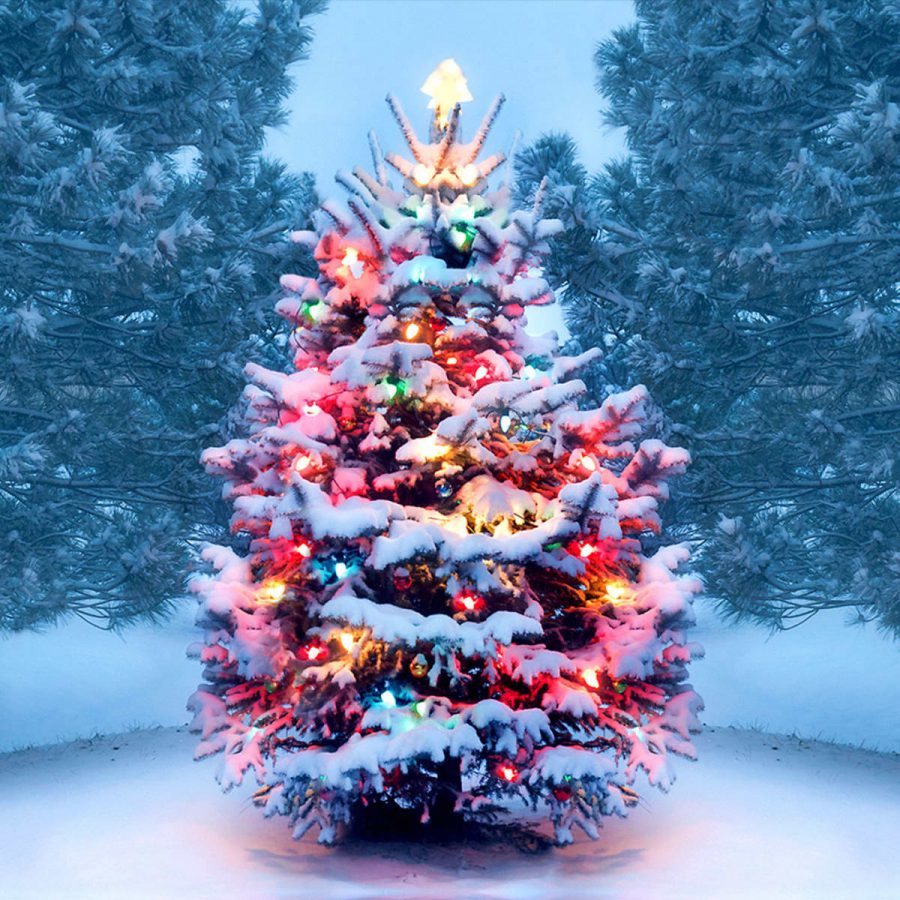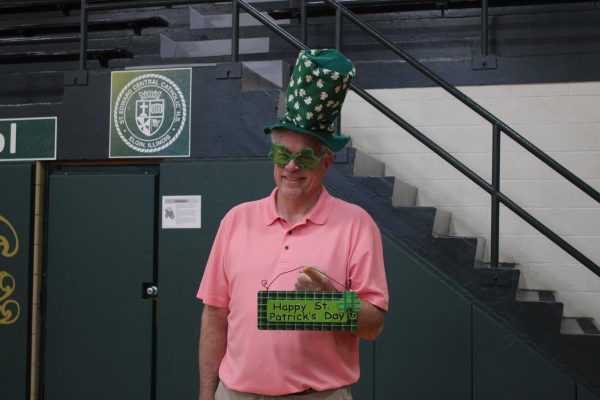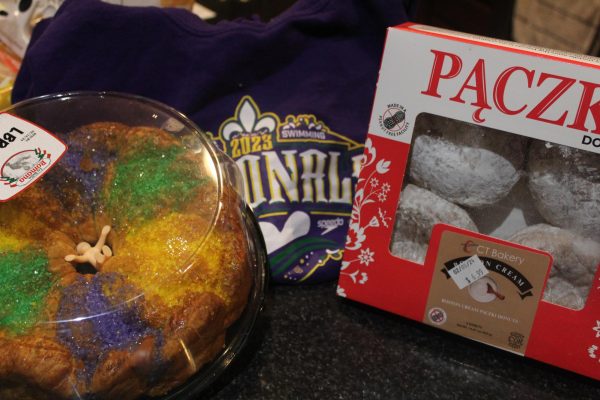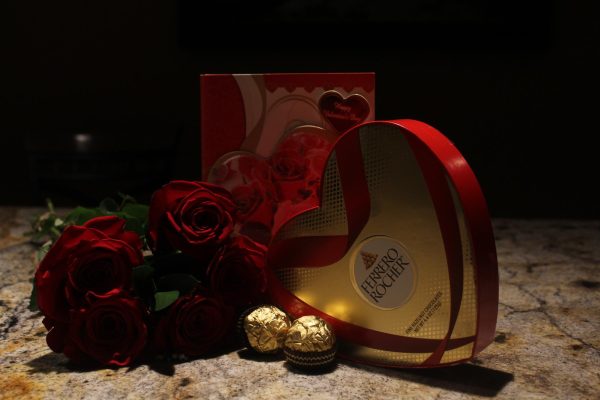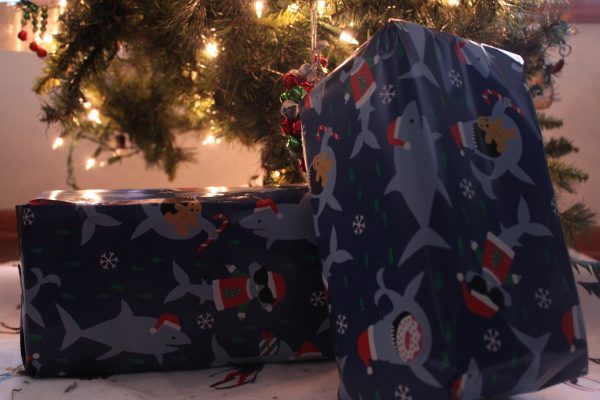Christmas Around the World
https://www.google.com/imgres?imgurl=https%3A%2F%2Fwww.history.com%2F.image%2Far_1%3A1%252Cc_fill%252Ccs_srgb%252Cfl_progressive%252Cq_auto%3Agood%252Cw_1200%2FMTY4OTA4MzI0ODc4NjkwMDAw%2Fchristmas-tree-gettyimages-1072744106.jpg&imgrefurl=https%3A%2F%2Fwww.history.com%2Ftopics%2Fchristmas%2Fhistory-of-christmas-trees&tbnid=5ai9zFCUDicH1M&vet=12ahUKEwjx14j9nsntAhVWcqwKHY1UBukQMygAegUIARDUAg..i&docid=FBTQpq04stnaUM&w=1200&h=1200&q=Christmas%20photo&safe=active&ved=2ahUKEwjx14j9nsntAhVWcqwKHY1UBukQMygAegUIARDUAg
December 15, 2020
Many countries celebrate the beloved holiday of Christmas in many parts of the world. Though we usually know how our own countries celebrate Christmas, we usually neglect to think about how other countries celebrate Christmas. So, if you were ever dying to know how other countries celebrate Christmas, you will be able to find your answers here.
Canada
Our neighbors to the North celebrate Christmas much as we do. Canadians decorate with Christmas trees and advent wreaths as we do. Most Canadian families will open presents on Christmas day, but some open gifts on Christmas Eve. Christian Canadians usually attend Christmas Eve’s midnight mass which is followed by a Réveillon feast. Canadian holiday foods are: Beef, turkey, or goose as main courses, sides are Tourtière, Ragoût de pattes de cochon, vegetables, and sauce, for desserts they favor plum or rice pudding, doughnuts, pastries, fruit cake, cookies, and la bouche de Noël. Generally, Canadians will give Christmas cards with money instead of gifts. Inuits celebrate the holiday in Northern Canada with an alternate celebration called Sinck Tuck along with their celebration of the winter solstice. In Newfoundland and Labrador, they have Masked Mummers who make noise, ring bells, and ask for treats at people’s homes. If the house’s host can guess who the mummer is then that person must take off their mask and stop going around pulling their tricks. Nova Scotia similarly has Belsnickeling where adults dress up visiting neighbors, drinking, and challenge friends in a game of guess who am I. The Taffy Pull dates to the 19th century where households make taffy sharing it with others and singles mingle. Réveillon and La Fête du Roi from Quebec is a huge midnight feast that lasts until the early hours of Christmas morning with its many Christmas traditions. New Brunswick has the Chicken Bones tradition which is a spicy cinnamon candy filled with bittersweet chocolate.
Mexico
Our Southern neighbors celebrate Christmas very differently from an American Christmas. In Mexico, Christmas starts on December 12 and ends on January 6. The festivities are rooted deeply in the Mexican culture and only a few exceptions to this are Christmas trees and Santa Claus. The first day of a Mexican Christmas is the Day of the Virgin of Guadalupe which is a religious feast celebrating Mary and many after festivities include fireworks and parades. Posadas takes place from December 16th to December 24 with re-enactments of Mary and Joseph’s search for shelter every night with festivities. Nacimientos are elaborate nativity scenes that start from December 16th to January 25 with new pieces added every day. Pastorelas are plays about the Shepard’s journey to see baby Jesus. Villancicos are Christmas carols that are a mix of English carols and unique Mexican Christmas carols. Nochebuena is Christmas Eve where families attended midnight mass together and later have a family dinner. Three King’s day is where children receive gifts to symbolize those brought by the three wise men and people share Rosca de Reyes. Día De La Candelaria is the end of Mexico’s Christmas celebrations where people take their Christ figurines to church to receive a blessing and after everyone goes to the house of the person who found the baby Jesus in the Rosca de Reyes for a feast. St. Ed’s own Señora Arceo-Haro said, “In Mexico, we have Posadas which are parties that are celebrated with family, friends, and colleagues. On Christmas Eve we eat dinner with family, which includes traditional Mexican dishes like romeritos, bacalao, ensalada de manzana, tamales, pierna de cerdo, and Turkey. Desserts include churros, buñuelos, and tres leches cake. Drinks are ponche de frutas, cafe de olla, and atole de guayaba. We love to gather with all of our family, including our extended family. Sometimes our dinners are very very big, and 16 years ago at Christmas Dinner was when I was last gathered with the largest amount of my family which was near 60 people. We had to have Christmas dinner at my grandparent’s ranch because we didn’t have enough room at their house.”
Germany
German holiday celebrations begin with Advent which is when children get to open the first door of their Advenstkalender. Germans also celebrate St. Nicholas Day which is on December 6th which is where all obedient children get sweets or presents from St. Nickolaus in their shoes outside their bedroom door. Germans celebrate Christmas on December 24th beginning with some shopping, celebrations start at noon, and presents are opened after the Christmas bell rings, then most families end the day with midnight Christmas mass. December 25th and 26th are official German holidays with the days spent with friends and family. Santa Claus, or Weihnachtsmann, brings Christmas presents on December 24th in Germany. St. Ed’s own Frau Siewert explained, “The Weihnactsbaum (Christmas tree) is a really big deal in Germany. In many families, the children don’t get to see the Weihnactsbaum until Christmas Eve. ” In different regions of Germany Santa Claus or St. Nicholas is accompanied by a scary companion that depends on the region from Aschenmann, Bartl, Boozenickel, Hans Trapp, Klaubauf, Krampus, Belsnickel/Pelznickel, Ruhklas, and Knecht Ruprech. They follow Santa to scare and punish the children that were bad.
France
French holiday celebrations include celebrating Christmas and la Saint-Nicolas, both. La Saint-Nicolas is celebrated on December 6th, where St. Nicolas distributes sweets and gifts to children. Sometimes, though, St. Nicolas has a companion named Le Père Fouettard who scares and punishes the bad children. French decorate with Christmas trees and lights like we do when decorating for the holidays. French mostly do not go all out decorating but are famous for their window displays in Paris at their department stores. Christmas carols, movies, and cards are not popular in France. France does though have the largest Christmas market in the world located in the city of Strasbourg. France holds the famous annual Fête des Lumières in Lyon where the city’s buildings are illuminated in different ways each year. Most French will attend midnight mass on Christmas Eve. Gift exchange is usually done on Christmas Eve in France and kids will receive gifts throughout Christmas morning from le Pere Noël. St. Ed’s Madame Siewert said, “Christmas Eve in France is called le Reveillon and families go to Mass. Many families have the Reveillon feast after or before mass.” Expensive chocolate is the best gift to give someone in France.
Britain
A British Christmas is like an American Christmas in some ways but has key differences in some traditions. Children do write to Santa in Britain, but instead of mailing the letters they burn them in the fireplace, so the ashes fly up the chimney and Father Christmas can read the smoke. Stockings are hung not from the fireplace mantle in Britain, but at the end of their Bed. In Britain, it is considered bad luck for the upcoming year if the Christmas decorations are not taken down within twelve days since Christmas. Pantomimes are customarily performed during Christmas time in Britain with hilarious performances done. Old St. Nick in Britain is referred to as Father Christmas since Santa Claus is seen as Americanism.
Russia
In Russia, Christmas is celebrated on January 7th which is quite different from when many countries usually celebrate Christmas. Most Russian Christmas traditions are rooted in pagan culture, but later became mixed with Christianity. Due to tradition, most Russian Christmas celebrations begin on Christmas Eve. A strict Nativity fast which was held for forty days ends on that day. Russians attend a Christmas mass and spend time with family for the majority of Christmas. Traditionally fortune-telling was a Russian Christmas tradition but now is not practiced due to it not being condoned by the Russian Orthodox Church. On New Year’s Eve in Russia Grandfather Frost and his granddaughter, the Snow Maiden, bring presents to the children of traditional wood carved gifts and more.
Australia
In Australia Christmas is on December 25 but is in the middle of Summer there. Australians spend the holiday on the beach with BBQs with seafood. Australia has a yacht race from Sydney to Hobart on December 26th. Australians also have an event called Carols by Candlelight where they sing carols outside. They decorate mostly with ferns, palm leaves, Christmas bush, Christmas bellflower, and evergreens.
Japan
So, Christmas day is not a public holiday in Japan, but December 23rd is a public holiday due to the Emperor’s birthday. Decorations are the normal trees and lights, but Christmas Markets are popping up more recently. Traditional Christmas dinner in Japan is fried chicken and due to the high demand, KFC in Japan takes pre-orders as early as November due to this. Japanese Christmas Cake is a traditional dessert in Japan which is a sponge based strawberry shortcake. Japan has an abundance of Christmas songs and Christmas themed TV and anime episodes around Christmas. Santa Claus does deliver presents on Christmas Eve and kids receive Christmas presents on Christmas Day, but most kids in Japan see Santa Claus as a ghost popping in and leaving presents. Christmas is also seen as a love holiday like Valentines in Japan.
There are many countries in the world, and each has its own traditions. Christmas traditions take pieces that are universal but have classical traditional parts that show that country’s culture. Christmas is a universal holiday, and it is fun to see how other countries like to celebrate Christmas, which is a holiday dear to us all.

